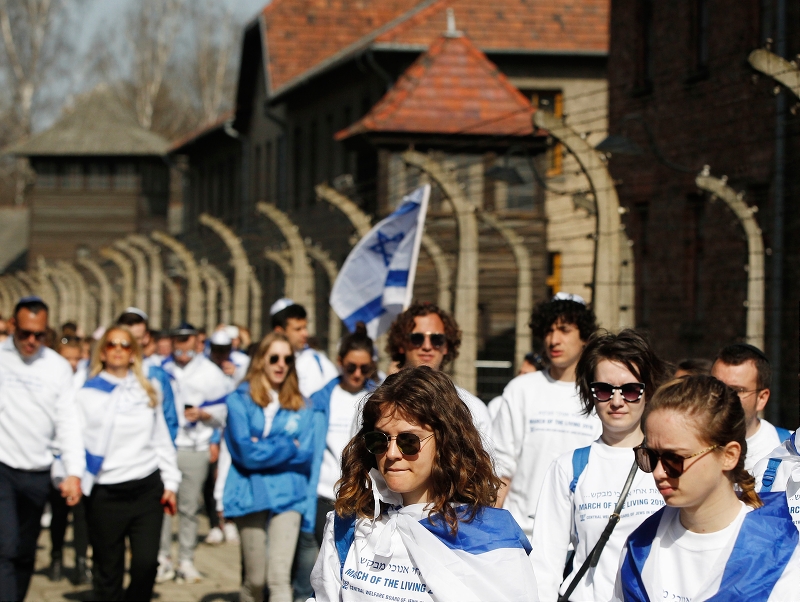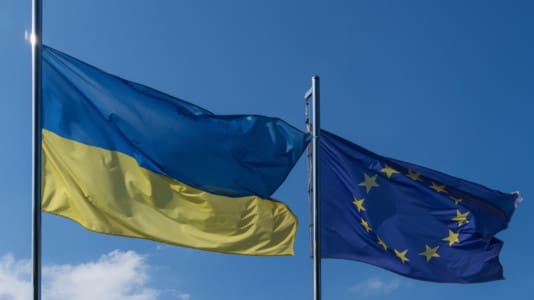The famous saying goes: Every cloud has a silver lining. Things do not always work out for the best, but fortunately, sometimes they do, as may be the case in the newest edition of the Polish-Israeli dispute over history and its present-day implications.
This time, the dispute concerns the trips of Israeli youth to Poland, who visited places connected with the Holocaust in large numbers prior the pandemic. They were arriving, visiting, taking part in the March of the Living, and then leaving with the belief that they had visited “a country of murderers,” because unfortunately Poland is where Auschwitz, Treblinka, Bełżec, Chełmno, Sobibór are located. Modern teens rarely bother to note “details” such as the fact that Poland was occupied and Poles were also murdered on a mass scale by Germans. They see those directly around them and simply direct their reflections and accusations of responsibility — or inaction — at these people.
[pp id=5716]
This was made easier by the organizers of the trips, who did not make any particular effort to explain the context of the Holocaust. It sometimes appeared that they did not mind dismissing or blurring the fact that Germans committed this crime, while tacitly accepting the process of casting Poland and the Poles as the guilty party.
This process was strengthened by the specific nature of those trips, which were protected by armed officers of Israeli special forces and buses that were strictly guarded. The atmosphere of a threat was carefully built. From whom? The modern Poles. A distorted, sometimes outright falsified past of Poland and the image of a modern-day country full of alleged dangers created a very strong, emotional mixture, with gas chambers and crematoriums in the background shaping a life-long attitude toward Poland for these visiting youth.
[pp id=15354]
Following the pandemic, Poland refused to allow the trips to continue in their old form and proposed to the Israeli side that talks be held. These, according to Ministry of Foreign Affairs, are currently underway in the form of exchanging mutual comments on the draft of a new agreement.
This was a very assertive and at the same time correct move from the Polish side — a move that would never have happened had it not been for the war over history waged between Warsaw and Jerusalem in recent years. It started with the amendment of the Act on the Polish Institute of National Remembrance (IPN), penalizing public speech attributing responsibility for the Holocaust to Poland.
That was just the beginning, as Poland later experienced unfair, manipulative attacks against the Polish prime minister and Israeli politicians making statements about the “antisemitism imbibed from mothers’ milk.” It ended with the actual withdrawal of ambassadors from both countries. Israel diplomats have now returned to Warsaw, but the Poles are still not in Tel-Aviv.
[pp id=5730]
Paradoxically, it was Israel who went so far over the line and acted so aggressively to allow for Poland to take action previously hard to imagine, such as changing the rules for organizing trips. The Polish government was given the opportunity to tackle the problem at its source (although this is only one source, and probably not the most important one), and they took it.
This is, of course, part of a broader picture: Poland was so unfairly, brutally, and cynically treated by the political elites of Israel that today there is not much to lose in this area. Taking time to rebuild relations and act assertively is the right move, especially when it was not Poland who destroyed the previous diplomatic structures. If relations are to be rebuilt, they should be in a much more balanced way than in the past.






